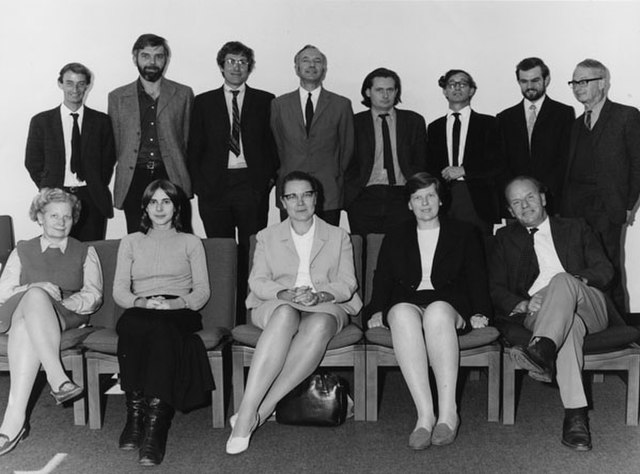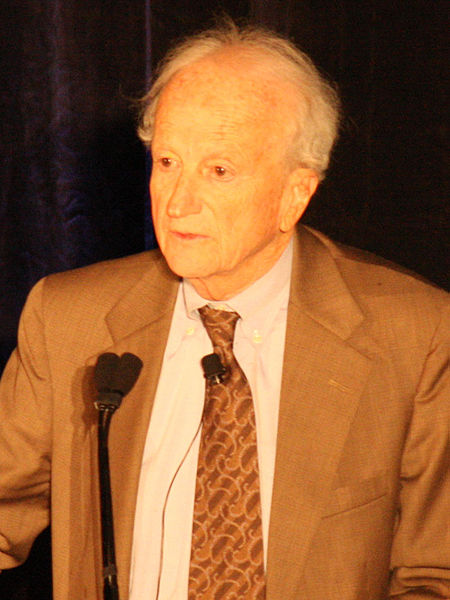Economic history is the study of history using methodological tools from economics or with a special attention to economic phenomena. Research is conducted using a combination of historical methods, statistical methods and the application of economic theory to historical situations and institutions. The field can encompass a wide variety of topics, including equality, finance, technology, labour, and business. It emphasizes historicizing the economy itself, analyzing it as a dynamic entity and attempting to provide insights into the way it is structured and conceived.
Economic history department, London School of Economics (1971)
Thomas Piketty, economist and author of Capital in the Twenty-First Century
Karl Marx, Capital: A Critique of Political Economy (1867)
Thomas Piketty, Capital in the Twenty-First Century (2013)
Chicago school of economics
The Chicago school of economics is a neoclassical school of economic thought associated with the work of the faculty at the University of Chicago, some of whom have constructed and popularized its principles. Milton Friedman, and George Stigler are considered the leading scholars of the Chicago school.
Department of Economics at the University of Chicago
The Nobel laureate Milton Friedman was affiliated with the University of Chicago for three decades; his ideas and his students made significant contributions to the development of Chicago School theory.
Gary Becker (May 24, 2008)
Nobel laureate Gene Fama is often called the "father of modern finance" for his contributions to the study of finance.








